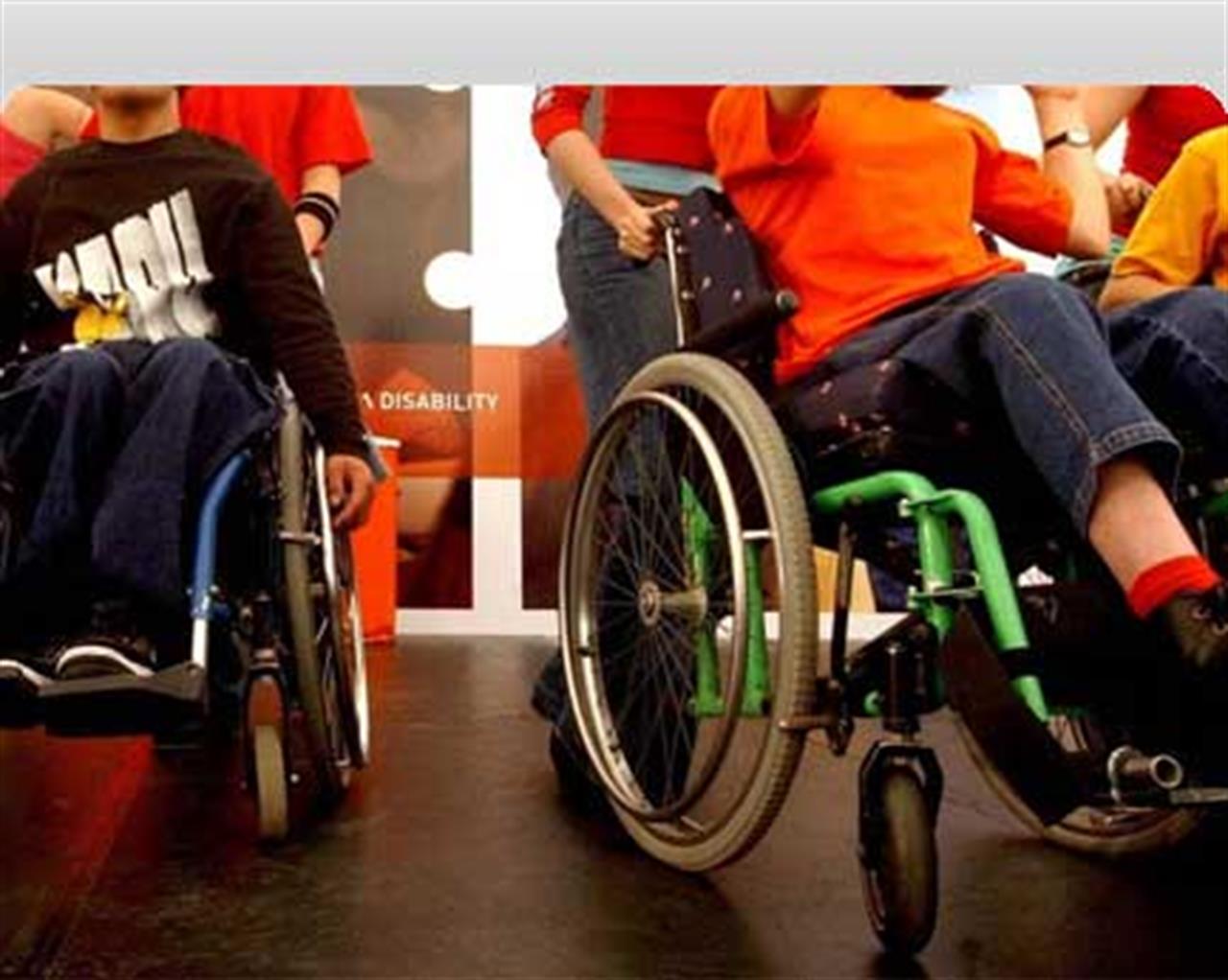Welfare
Poland: Welfare provision in the decentralised state
Decentralization, one of the main priorities of the current Polish government, is about to revolutionise the way non profit organisations work.

But the sector fears that they are un prepared for the changes behind the corner. The government is reforming, closing many central government programs and increasing the range of programs to be carried out by local authorities. These reforms affect people with disabilities and non profit organizations working for their benefit, especially because the government is planning to take the legal status away from the National government run Fund for the Rehabilitation of People with Disabilities and transfer its responsibilities to local authorities.
Local and regional authorities will soon have to take up increasing responsibility to care for people with disabilities. In view of this the representatives of central institutions were to train local authorities so that they would be able to deal with these new responsibilities. Most local inisititutions, however, say they feel unprepared for the reform, all the more so because while their responsibilities are going to grow significantly as of the beginning of 2009, they are not going to receive the proportional growth of funding from the central budget. It seems that decentralization of tasks is not going to carry with it the decentralization of funds.
Many nonprofit organizations are afraid of the consequences of the reform, in particular they fear that the funds devoted to programs for people with disabilities are going to be, overall, lower. Even more importantly, local authorities so far have had power to allocate most of the funds they receive from the central government according to their own preferences, priorities and convictions of what their region or community needs the most. This, in fact, is the idea behind centralized management – local authorities, in theory, know what local needs are better than central government. However, this also encouraged local authorities to spend funds for programs that would benefit large numbers of people with disabilities (building of roads, for example) rather than for programs of benefit to a relatively low number of people, those with particular or less common disabilities.
In view of the reform that is going to leave the problems of people with disabilities almost fully in the hands of local authorities, non profit organizations working with disabilities decided to make local authorities more sensitive to these issues. A recent example was the conference organized by the SYNAPSIS Foundation for the policy-makers and representatives from local authorities of the Warsaw region. The SYNAPSIS Foundation organized a conference for decision makers and officials from the Warsaw region to introduce to them the problems of people with autism. The main theme throughout the conference were the discussions over the report the foundation had prepared based on the research it conducted on the accessibility of services for people with autism in the Warsaw region.
About 170 people participated to the conference. The main outcome of the conference was the idea of establishing a special work group to improve accessibility to services for people with autism in the Warsaw region. The work group is to be placed at the main office of the voidedeship and is going to be composed of the representatives of institutions responsible for diagnosis, therapy, education and work rehabilitation of people with disabilities at the regional and local authorities levels, as well as representatives of nonprofit organizations workig for the benefit of people with autism.
Si può usare la Carta docente per abbonarsi a VITA?
Certo che sì! Basta emettere un buono sulla piattaforma del ministero del valore dell’abbonamento che si intende acquistare (1 anno carta + digital a 80€ o 1 anno digital a 60€) e inviarci il codice del buono a abbonamenti@vita.it
